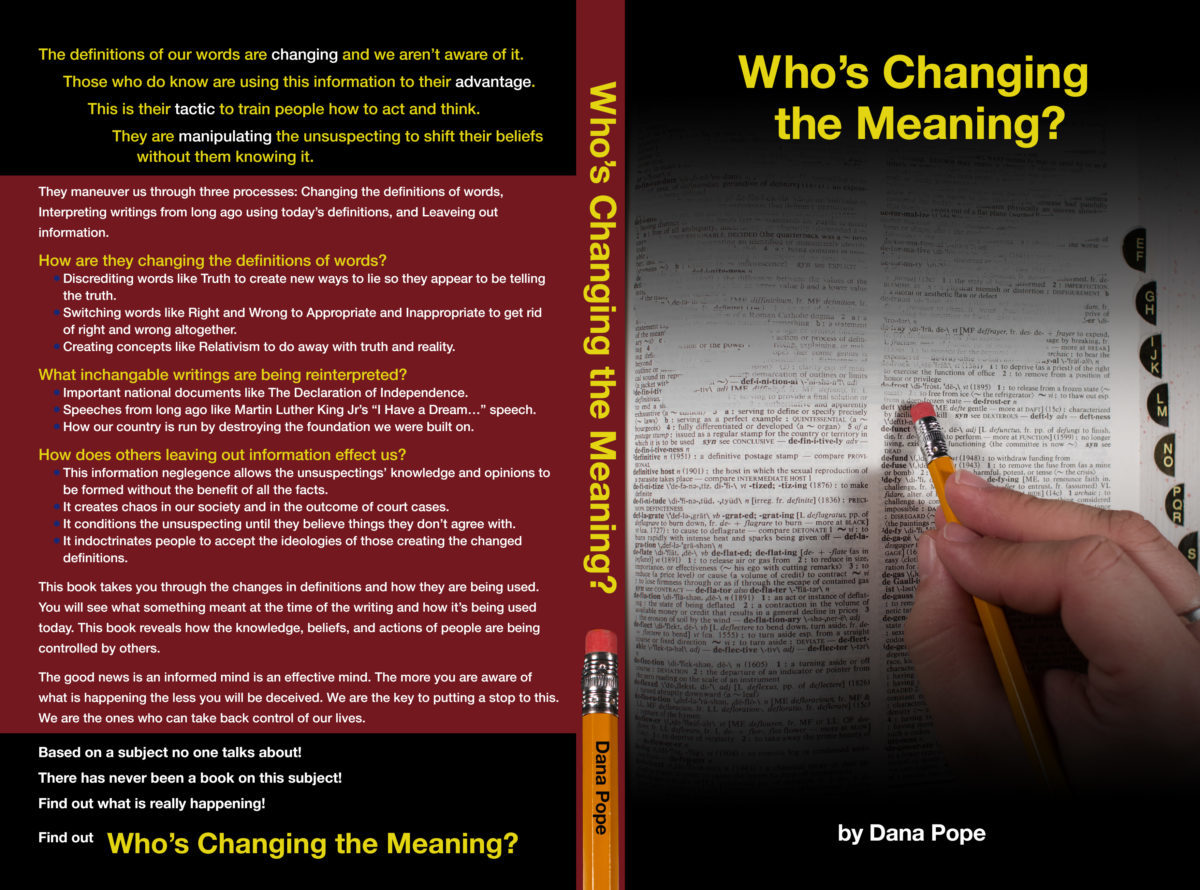
Just when we thought dinosaurs are extinct, we find that to be false. Theories point to the weather being too hot or too cold, or the sea level dropped, or a large asteroid was the cause of their demise some 65 million years ago. However, we are now aware that dinosaurs are alive, running free, and most of them are in DC.
There is a considerable chance you already guessed that I’m referring to the members of the Senate and the House of Representatives. However, you may not agree with my correlation. I’ll walk you through my thought process.
Dinosaurs Aren’t Just Large Reptiles
Ordinarily, the word dinosaur immediately prompts images of large reptiles like Tyrannosaurs, Sauropods, Triceratops, Raptors, etc. The definition of dinosaur is more than that.
There are two definitions of the word dinosaur, the second being; “something that is unwieldy in size, anachronistically outmoded, or unable to adapt to change.” That’s a mouthful so it requires a breakdown in order to fully understand what it states.
Continue reading “Dinosaurs are Running Free and Most are in DC”

 When people talk with each other today it’s common not to say what we mean. That’s not such an unheard of idea.
When people talk with each other today it’s common not to say what we mean. That’s not such an unheard of idea.
 Ever wonder why the person you are talking to didn’t understand what you said? It’s because they think you are saying something else. Since Noah Webster’s 1828 American Dictionary of the English Language, the definitions of words have changed. We expect that to happen as we invent new things, as slang words are created, and to keep up with the times. Consequently, new words are needed to name them.
Ever wonder why the person you are talking to didn’t understand what you said? It’s because they think you are saying something else. Since Noah Webster’s 1828 American Dictionary of the English Language, the definitions of words have changed. We expect that to happen as we invent new things, as slang words are created, and to keep up with the times. Consequently, new words are needed to name them.

